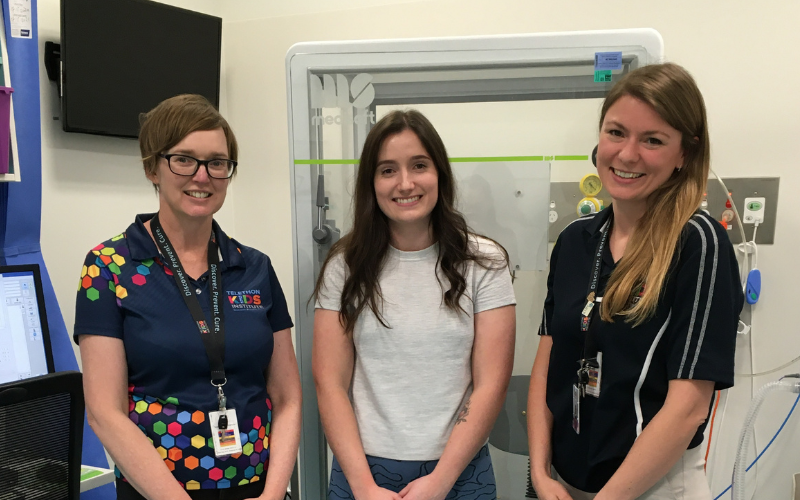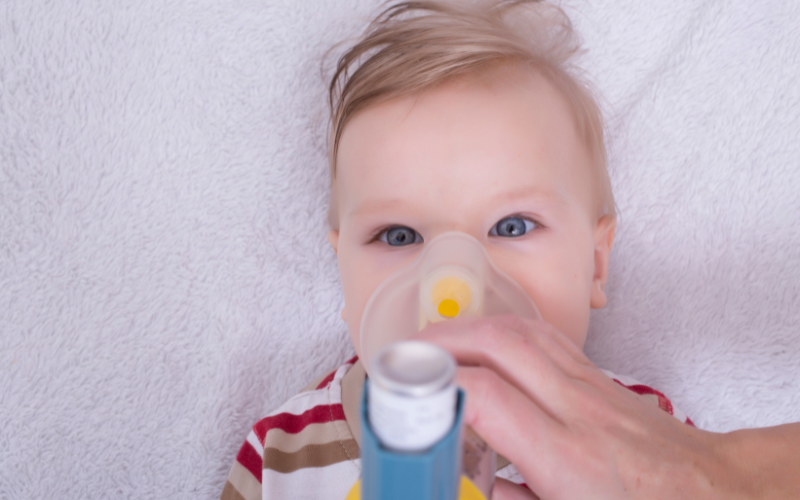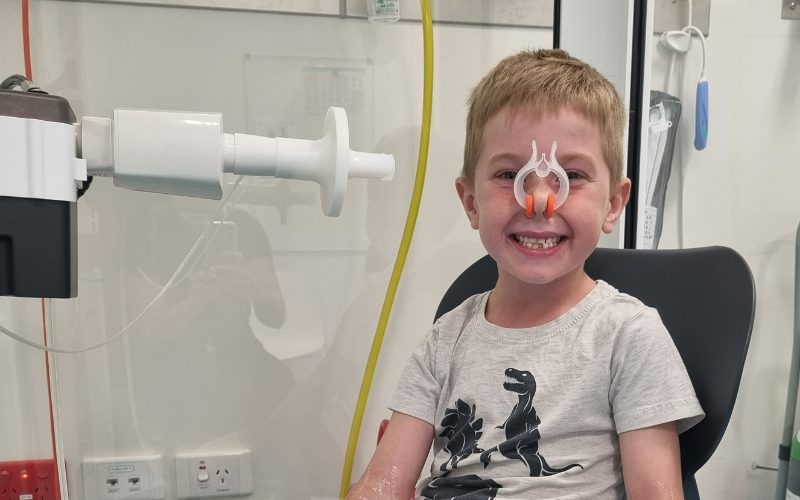Search
Research
The effect of moderate-to-late preterm birth on lung function over the first 5 years of life in a South African birth cohortPreterm birth is associated with increased mortality and morbidity, particularly due to lung disease. Low- and middle-income countries (LMIC) have the highest rates of preterm birth. Infants born extremely preterm rarely survive, so the largest burden is amongst moderate-to-late preterm (MLP) infants. The long-term health impact on MLP children in LMIC is poorly understood. The aim of this study was to assess the effect of MLP birth on lung function trajectories from birth to 5 years in the Drakenstein Child Health Study.
Research
Change in health outcomes for First Nations children with chronic wet cough: rationale and study protocol for a multi-centre implementation science studyIn children, chronic wet cough may be a sign of underlying lung disease, including protracted bacterial bronchitis (PBB) and bronchiectasis. Chronic (> 4 weeks in duration) wet cough (without indicators pointing to alternative causes) that responds to antibiotic treatment is diagnostic of PBB. Timely recognition and management of PBB can prevent disease progression to irreversible bronchiectasis with lifelong consequences. However, detection and management require timely health-seeking by carers and effective management by clinicians.
Research
Complete Genomes of Three Pseudomonas aeruginosa Bacteriophages, Kara-mokiny 1, Kara-mokiny 2, and Kara-mokiny 3Here, we present the complete genome sequence of Pseudomonas aeruginosa phages Kara-mokiny 1, Kara-mokiny 2, and Kara-mokiny 3. These phages have lytic capabilities against P. aeruginosa and belong to the myovirus morphotype. The genomes of Kara-mokiny 1 and Kara-mokiny 2 are 67,075 bp while that of Kara-mokiny 3 is 66,019 bp long.
Research
Increasing airway obstruction through life following bronchopulmonary dysplasia: a meta-analysisFew studies exist investigating lung function trajectories of those born preterm; however growing evidence suggests some individuals experience increasing airway obstruction throughout life. Here we use the studies identified in a recent systematic review to provide the first meta-analysis investigating the impact of preterm birth on airway obstruction measured by the forced expiratory volume in 1 s (FEV1) to forced vital capacity (FVC) ratio.
Research
COVID-19 monitoring with sparse sampling of sewered and non-sewered wastewater in urban and rural communitiesEquitable SARS-CoV-2 surveillance in low-resource communities lacking centralized sewers is critical as wastewater-based epidemiology (WBE) progresses. However, large-scale studies on SARS-CoV-2 detection in wastewater from low-and middle-income countries is limited because of economic and technical reasons.
Research
Normal values of respiratory oscillometry in South African children and adolescentsNoninvasive measurement of respiratory impedance by oscillometry can be used in young children aged from 3 years and those unable to perform forced respiratory manoeuvres. It can discriminate between healthy children and those with respiratory disease. However, its clinical application is limited by the lack of reference data for African paediatric populations. The aim of the present study was to develop reference equations for oscillometry outcomes in South African children and adolescents.
Research
Biodiesel Exhaust Toxicity with and without Diethylene Glycol Dimethyl Ether Fuel Additive in Primary Airway Epithelial Cells Grown at the Air-Liquid InterfaceBiodiesel usage is increasing steadily worldwide as the push for renewable fuel sources increases. The increased oxygen content in biodiesel fuel is believed to cause decreased particulate matter (PM) and increased nitrous oxides within its exhaust.

News & Events
New risk factor identified to help predict the long-term lung health of young adults born very pretermA study which set out to determine ways to predict the long-term lung health of young adults born very preterm has shown that a childhood history of respiratory hospital admission should be a key consideration in the management of preterm children and adults.

News & Events
Unravelling the mystery of persistent wheeze in children: Study reveals crucial immune cell differencesThe study found the rare immune cells, known as plasmacytoid dendritic cells, showed clear signs of activation and virus defence in children with transient wheeze, whereas in children with persistent wheeze the same immune cells showed very limited activation without any signs of virus defence.

News & Events
New study to determine if it’s safe for children born preterm to attend day careA new study to determine if it’s safe for children who were born preterm to attend day care officially commenced this month.
